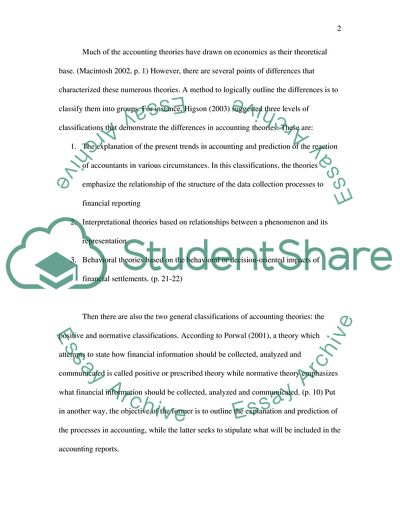Cite this document
(Why Do We Need So Many Different Theories in Accounting Case Study, n.d.)
Why Do We Need So Many Different Theories in Accounting Case Study. https://studentshare.org/social-science/1730529-why-do-we-need-so-many-different-theories-in-accounting
Why Do We Need So Many Different Theories in Accounting Case Study. https://studentshare.org/social-science/1730529-why-do-we-need-so-many-different-theories-in-accounting
(Why Do We Need So Many Different Theories in Accounting Case Study)
Why Do We Need So Many Different Theories in Accounting Case Study. https://studentshare.org/social-science/1730529-why-do-we-need-so-many-different-theories-in-accounting.
Why Do We Need So Many Different Theories in Accounting Case Study. https://studentshare.org/social-science/1730529-why-do-we-need-so-many-different-theories-in-accounting.
“Why Do We Need So Many Different Theories in Accounting Case Study”. https://studentshare.org/social-science/1730529-why-do-we-need-so-many-different-theories-in-accounting.


